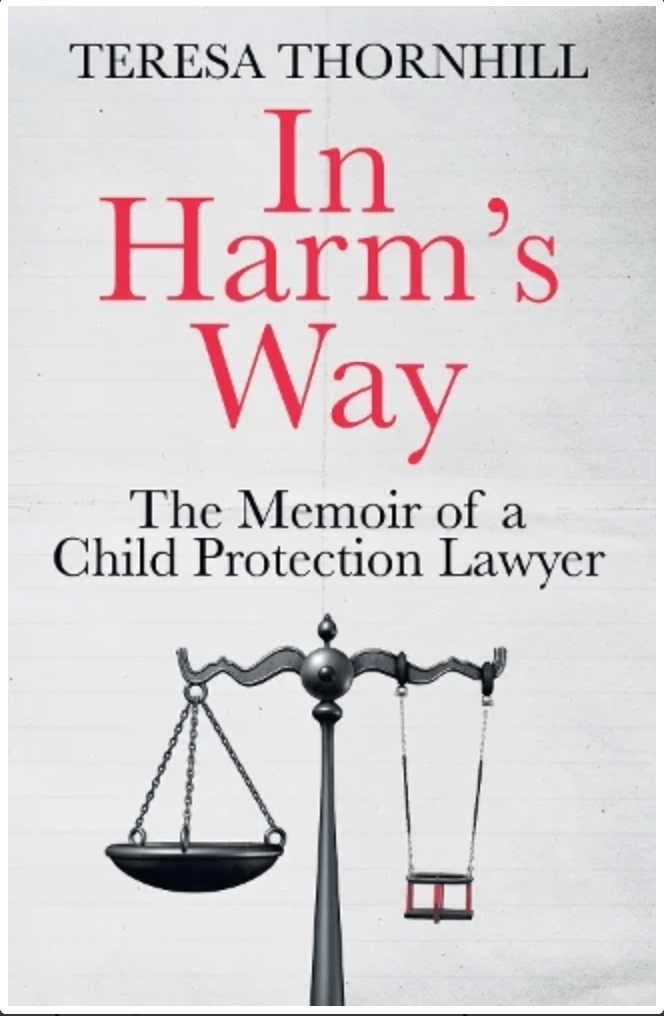Most of the children who are brought before the family court in care proceedings are from economically disadvantaged communities. The parents have often had traumatic childhoods themselves, but had no help to deal with the long-term repercussions and the impact on their ability to parent.
When a local authority has evidence that a child is suffering or is at risk of suffering ‘significant harm’, the legal threshold is met for care proceedings to be issued. In most cases, before going to court, the social worker will start what is called the ‘pre-proceedings process’. The parent or parents are invited to a meeting and told in clear terms what the worries are and what they need to do in order for the local authority not to issue proceedings.
For example, a parent with a drug or alcohol problem may be told that she has to stop taking drugs or drinking, and that she has three months to turn things around. She may be signposted to her local drug or alcohol service, which may or may not have a waiting list. And if she fails to sort things out and improve her parenting, it’s very likely that care proceedings will be issued.
Get the latest news and insight into how the Big Issue magazine is made by signing up for the Inside Big Issue newsletter
Depending on the circumstances, the local authority may ask the family court to order the temporary removal of a child at the beginning of the proceedings, or they may wait until all the evidence has been gathered. At the ‘final hearing’, some months in, the court considers the evidence and makes a decision about the child’s future: should he or she be placed in long-term foster care or entrusted to the care of a relative, or – in a small number of cases – placed for adoption. The court can also decide that the child should remain in, or return to, the care of the parents.
Often the reason for the initial concern about the child is that the main carer – usually the mother – has deep-seated problems which manifest as mental health issues, or being in a relationship with a violent partner, or drug or alcohol abuse. While assessing her to provide information to the court, the social worker will often discover that the mother herself had a traumatic childhood (and, in some cases, spent time in care).










